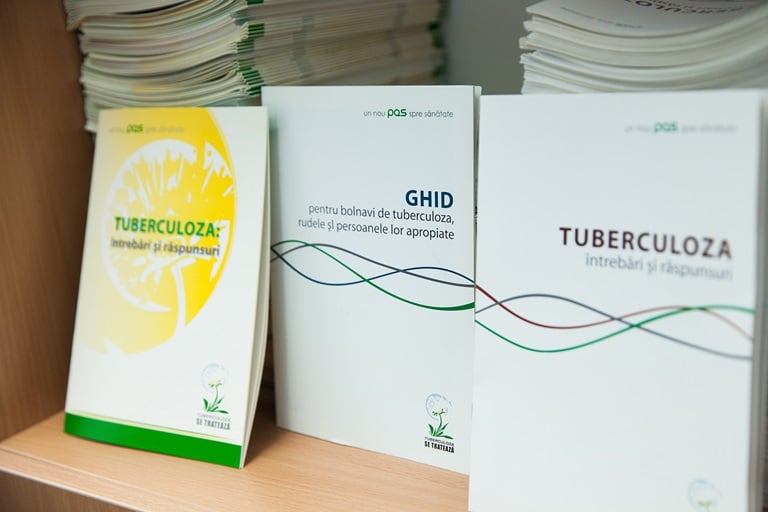A Health Behaviour in School-aged Children study (HBSC) and Schools for Health in Europe network (SHE) collaborative project for data-led health action planning in schools (2020)
-and-schools-for-health-in-europe-network-(she)-collaborative-project-for-data-led-health-action-planning-in-schools-(2020).tmb-479v.png?sfvrsn=be053cc8_1)
Overview
This pilot project represents a collaboration between members of the Schools for Health in Europe (SHE) network and members of the Health Behaviour in School-aged Children (HBSC) study national teams in four countries/regions: Croatia, North Macedonia, United Kingdom (Scotland) and United Kingdom (Wales). It was coordinated by the WHO Regional Office for Europe. The overall aim of the project was to test the usefulness of SHE resources and HBSC national data for engaging the school community in health action planning in three case study countries and regions (Croatia, North Macedonia and Scotland) by:
- bringing together the work being carried out by HBSC and in the SHE network;
- providing two schools in each country/region with a toolkit of SHE resources and HBSC national data to understand and evaluate health and well-being in their schools; and
- gathering feedback from schools (teachers and students) on using the resources.
This report reflects feedback from the pilot countries/region and provides some recommendations for promoting data-driven health action planning in schools in Europe.






